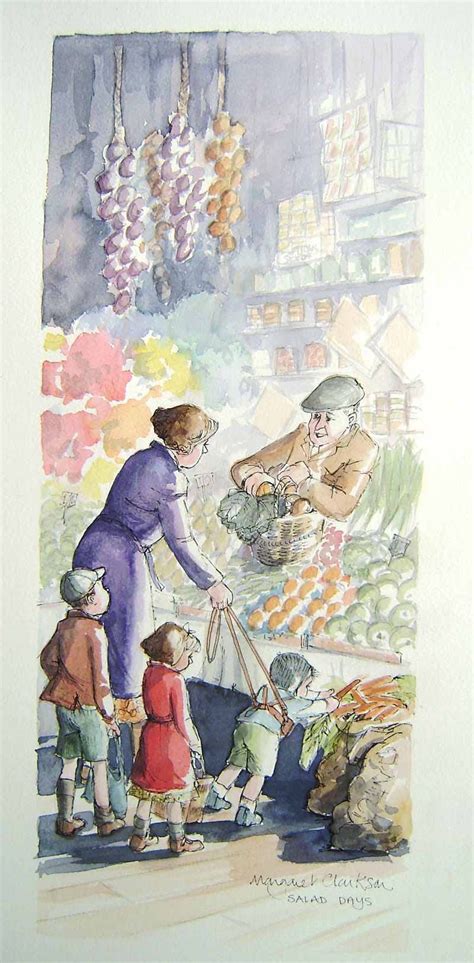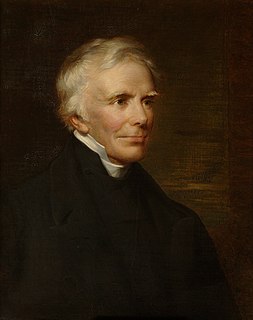A Quote by T. E. Lawrence
Some of the evil of my tale may have been inherent in our circumstances. For years we lived anyhow with one another in the naked desert, under the indifferent heaven.
Related Quotes
From a tale one expects a bit of wildness, of exaggeration and dramatic effect. The tale has no inherent concern with decorum, balance or harmony. ... A tale may not display a great deal of structural, psychological, or narrative sophistication, though it might possess all three, but it seldom takes its eye off its primary goal, the creation of a particular emotional state in its reader. Depending on the tale, that state could be wonder, amazement, shock, terror, anger, anxiety, melancholia, or the momentary frisson of horror.
It is evil to justify killing (unborn babies) by the happy outcome of eternity for the one killed. This same justification could be used to justify killing one-year olds, or any heaven-bound believer for that matter. The Bible asks the question: "Shall we sin that grace may abound?" (Romans 6:1) And: "Shall we do evil that good may come?" (Romans 3:8). In both cases the answer is a resounding NO. It is presumption to step into God's place and try to make the assignments to heaven or to hell. Our duty is to obey God, not to play God.
I like naked women! I'm a bloke! I'm supposed to like them! We're born like that. We like naked women as soon as we're pulled out of one... When Man invented fire, he didn't say "Hey, let's cook!" He said: "Great! Now we can see naked bottoms in the dark!"... The story of male achievement through the ages, feeble though it may have been, has been the story of our struggle to get a better look at your bottoms.
That which is wrong under one circumstance, may be, and often is, right under another. God said, 'Thou shalt not kill'; at another time He said, 'Thou shalt utterly destroy.' This is the principle on which the government of heaven is conducted—by revelation adapted to the circumstances in which the children of the kingdom are placed. Whatever God requires is right, no matter what it is, although we may not see the reason thereof till long after the events transpire.
To captivate our varied and worldwide audience of all ages, the nature and treatment of the fairy tale, the legend, the myth have to be elementary, simple. Good and evil, the antagonists of all great drama in some guise, must be believably personalized. The moral ideals common to all humanity must be upheld. The victories must not be too easy. Strife to test valor is still and will always be the basic ingredient of the animated tale, as of all screen entertainments.





































